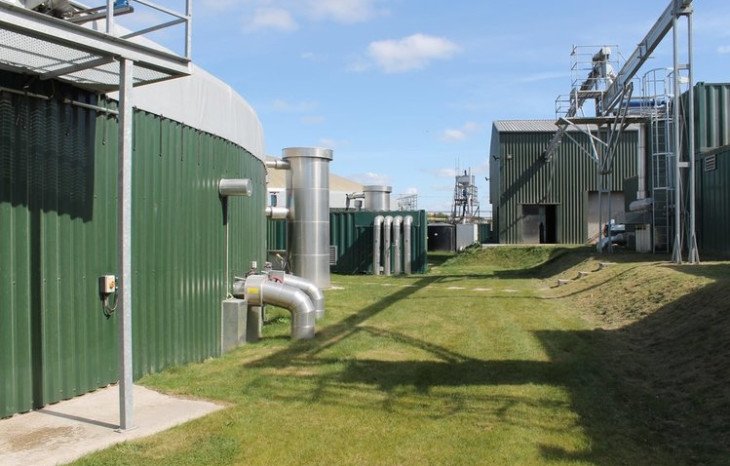M
Maxirad
Guest
What do CAF members have to say about the oil situation?
Well, Salibi, hasn’t the shortage of petroleum been used to justify the concept of man-made population control?Yes it is a limited commodity. Why would you think it’s not?
Presumably we are talking about petroleum because reading the thread title I thought you were asking about olive oil.
Don’t know if it has. I know that shortage of living space and an inability to match agricultural output with the increase in the population has been used to justify this, but petroleum? Energy-wise we can always switch to renewable sources.Well, Salibi, hasn’t the shortage of petroleum been used to justify the concept of man-made population control?
Can you connect this statement with the question in the OP please?Well, Salibi, hasn’t the shortage of petroleum been used to justify the concept of man-made population control?
Does your logic here make the finite supply of oil suddenly poof into an infinite supply?Salibi:
Well, Salibi, hasn’t the shortage of petroleum been used to justify the concept of man-made population control?Yes it is a limited commodity. Why would you think it’s not?
Presumably we are talking about petroleum because reading the thread title I thought you were asking about olive oil.
What does that have to do with the question of whether it’s a limited commodity? It either is or it isn’t.Well, Salibi, hasn’t the shortage of petroleum been used to justify the concept of man-made population control?
Nuclear power is obscenely expensive, and has always existed through what amounts to taxpayer subsidization. There are technologies like thorium fuel cycle reactors that may make this advantageous, but at the moment nuclear power is just about the most expensive power out there. The advance in renewables is already showing signs of disruption of energy markets, and as storage density of batteries increases, it’s just as likely that renewables will become just as advantageous as nuclear. One way or the other, I expect we’ll reach a tipping point for oil probably mid-century.niceatheist:
Precisely.The post-oil age won’t come, I believe, when we stop being able to pump oil out of the ground, but when it just ceases to make any economic sense to do so.
We never hit a “peak whale oil” or “peak lumber for heat” or whatever other energy source we’ve moved past. We just came up with something much better and more efficient.
That’s why nuclear power is so important and needs to be pushed, nuclear is the safest and cleanest energy to date and would go a long way to reducing emissions and lessening our reliance on oil and other fossil fuels.

